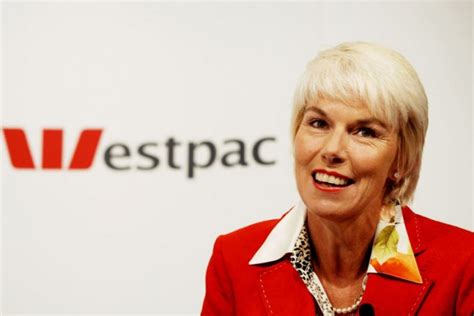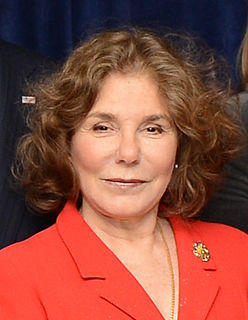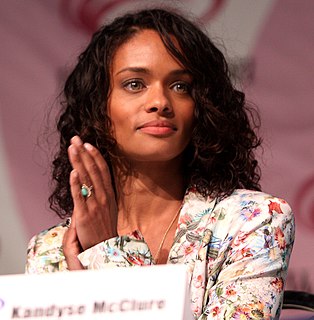A Quote by Bernice King
In 1985, I joined my mother in a protest against apartheid in which we were arrested at the South African embassy in Washington, D.C. And she was at President-elect Mandela's side in Johannesburg when he claimed victory in South Africa's first free elections.
Related Quotes
As we mourn President Mandela’s passing we must ask ourselves the fundamental question - what shall we do to respond to the tasks of building a democratic, non-racial, non-sexist and prosperous South Africa, a people-centred society free of hunger, poverty, disease and inequality, as well as Africa’s renaissance, to whose attainment President Nelson Mandela dedicated his whole life?
When I was in government, the South African economy was growing at 4.5% - 5%. But then came the global financial crisis of 2008/2009, and so the global economy shrunk. That hit South Africa very hard, because then the export markets shrunk, and that includes China, which has become one of the main trade partners with South Africa. Also, the slowdown in the Chinese economy affected South Africa. The result was that during that whole period, South Africa lost something like a million jobs because of external factors.
The very first role I ever played was as a 17-year old South African girl who dreamed of being a star and left home to meet her mother in the big city so that she could pursue that dream. I left South Africa and met my mother in Vancouver and not long after that was given the opportunity to perform on the stage and have people chant my name.
In general, Iranians believe that all Palestinians have the right to return home and that there is no chosen people on this earth, whether Jewish, Muslim, Christian. Iran had the same policy towards apartheid South Africa and at the time when it was supporting and funding the ANC [African National Congress] among other groups in South Africa, these groups were also considered to be terrorist organizations by many western governments.





























